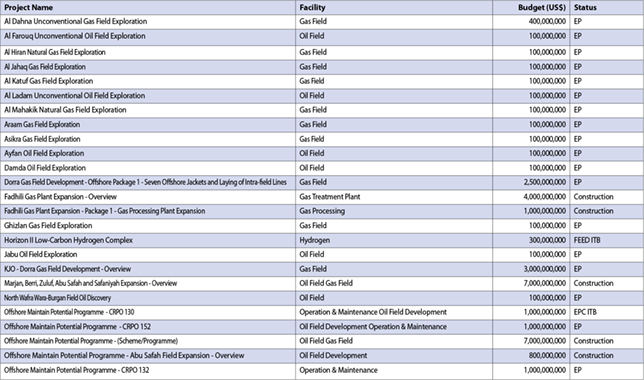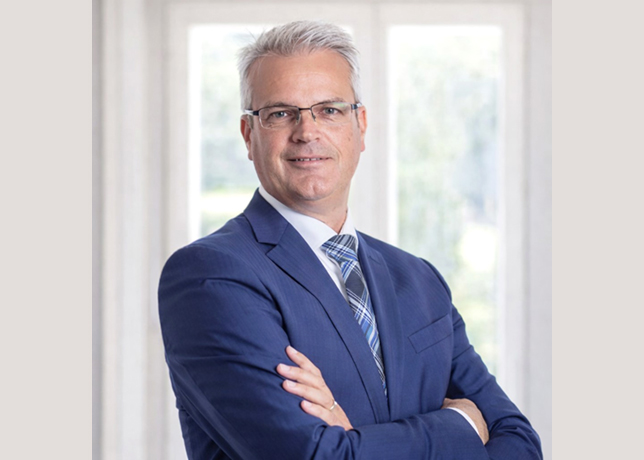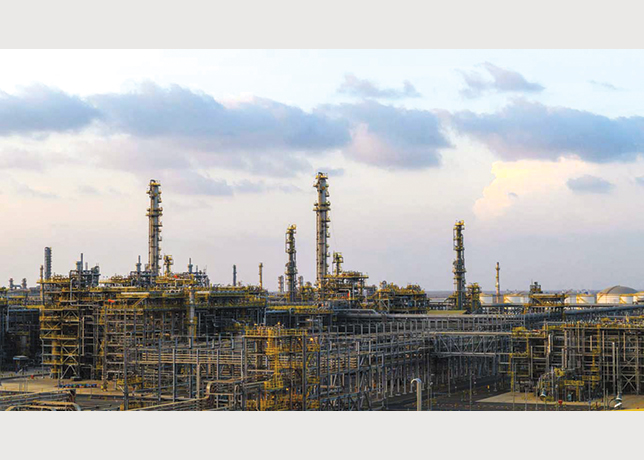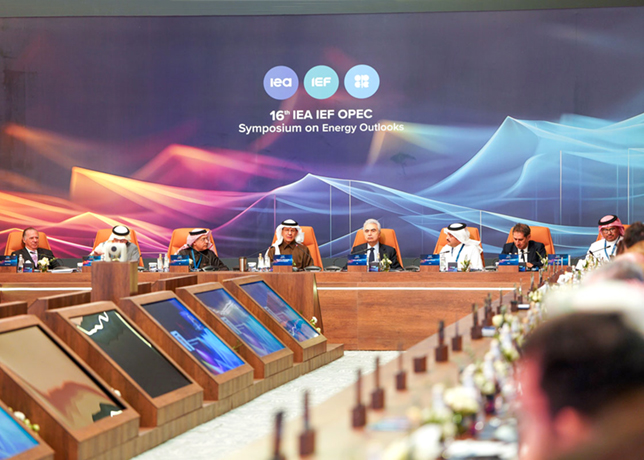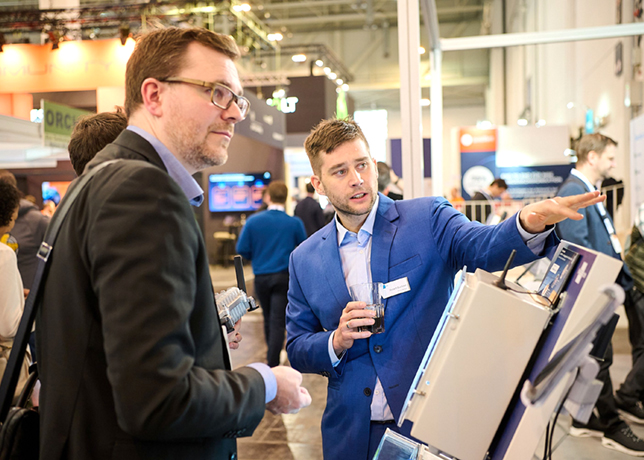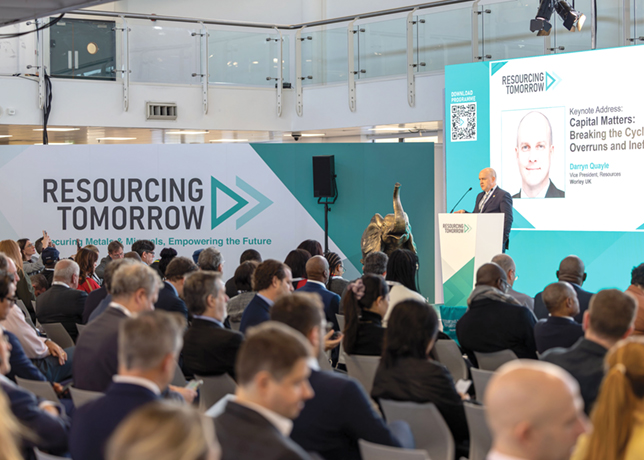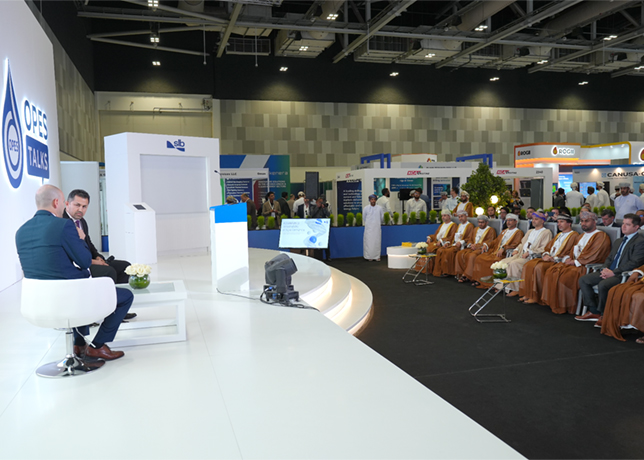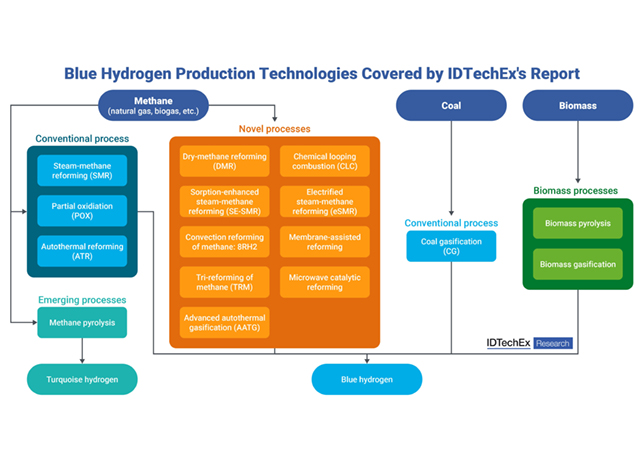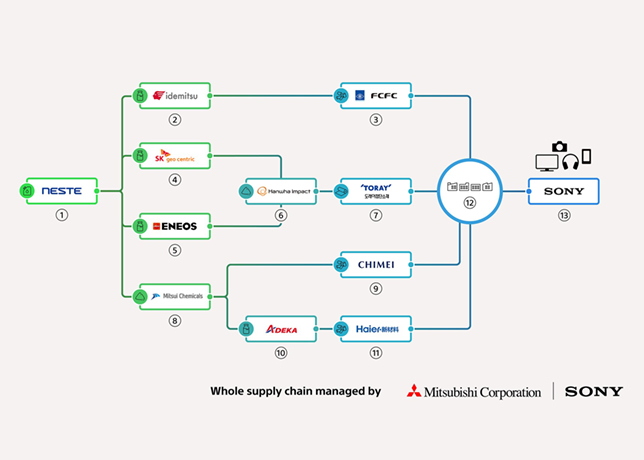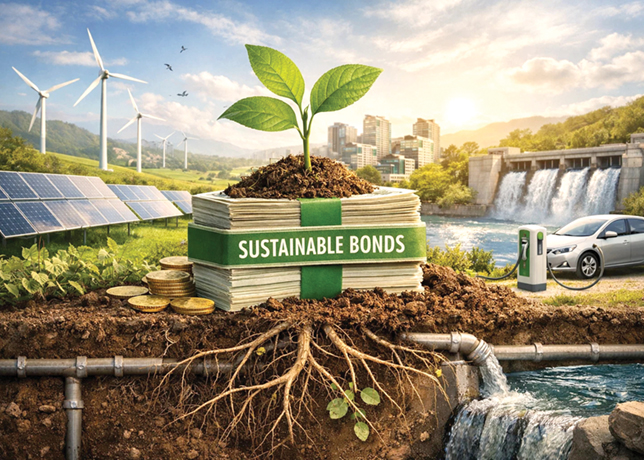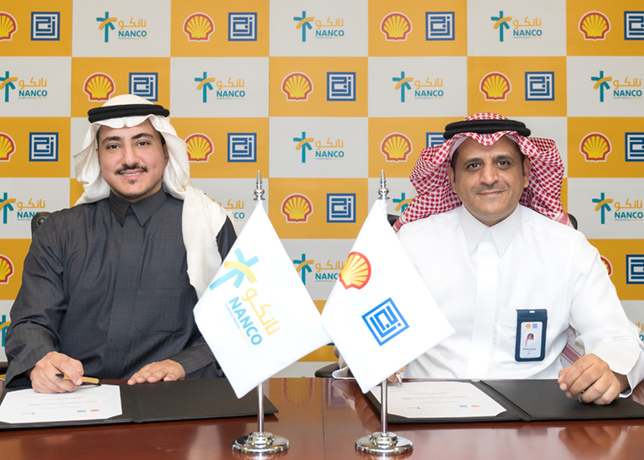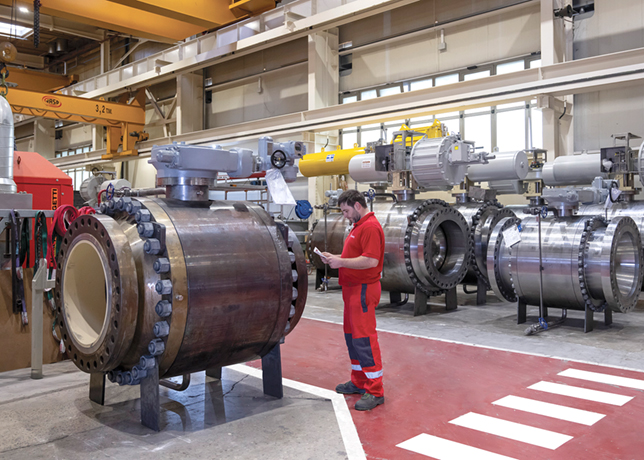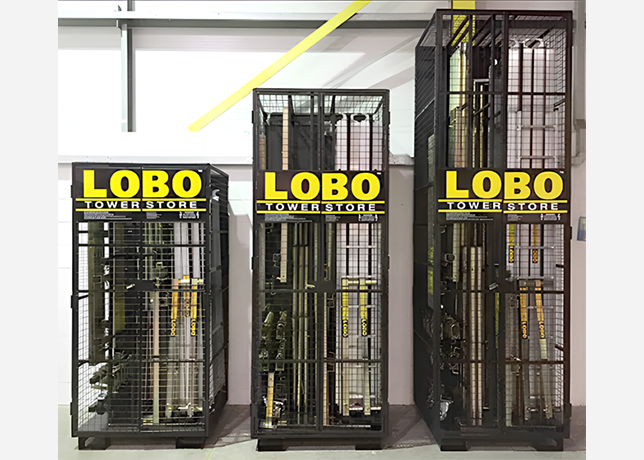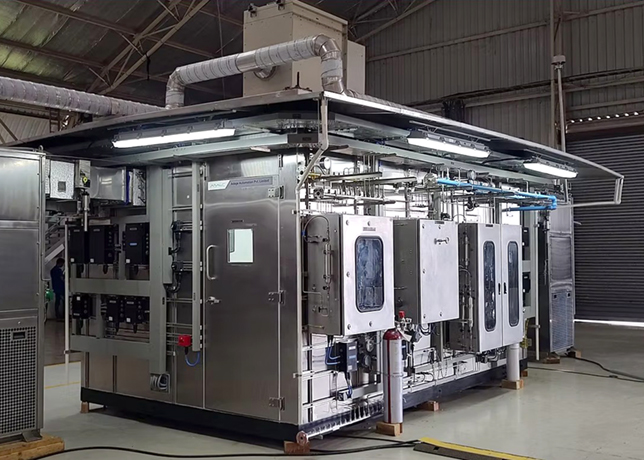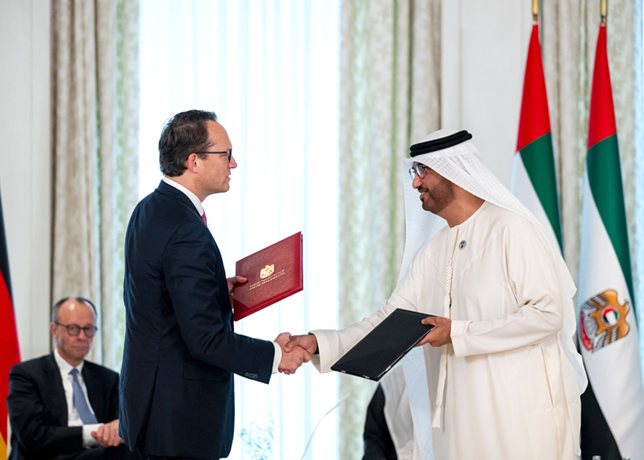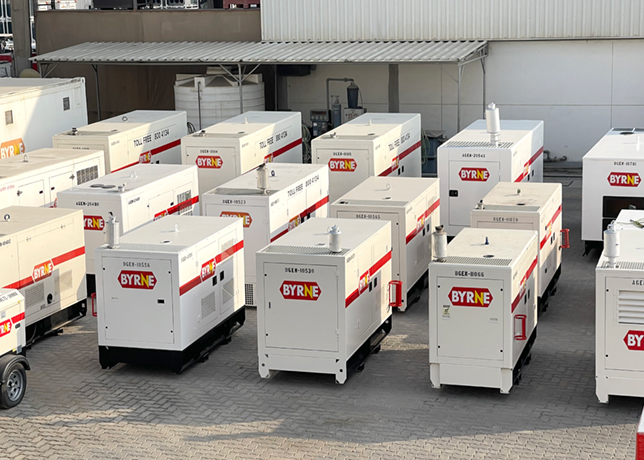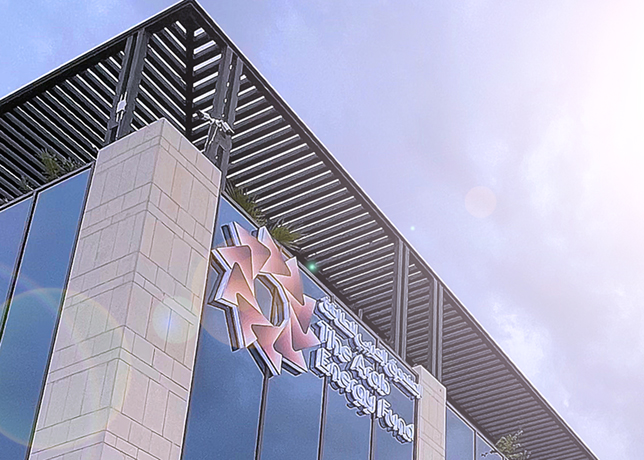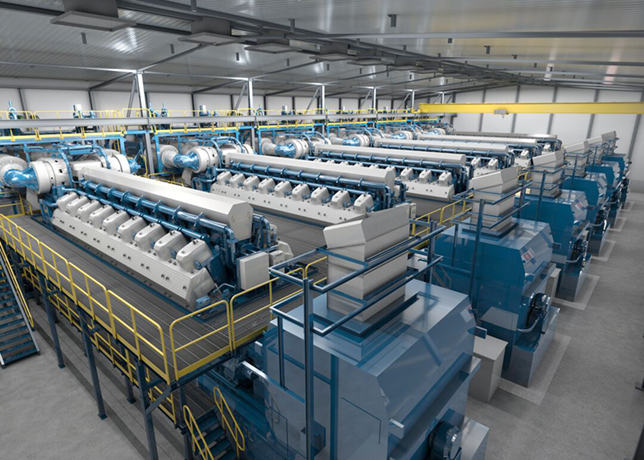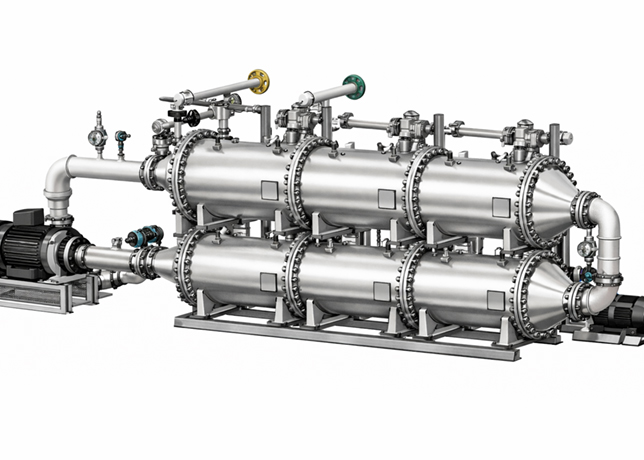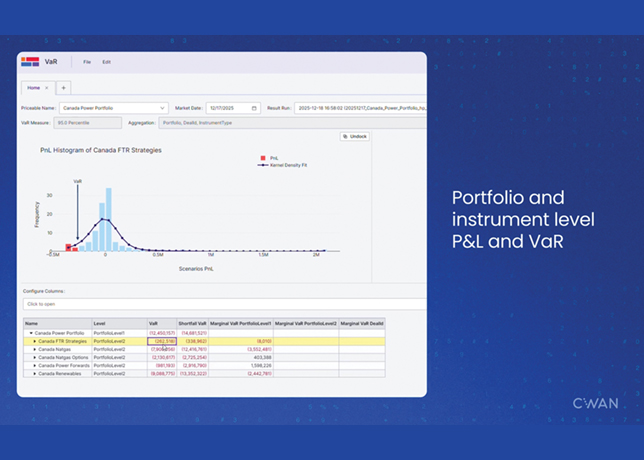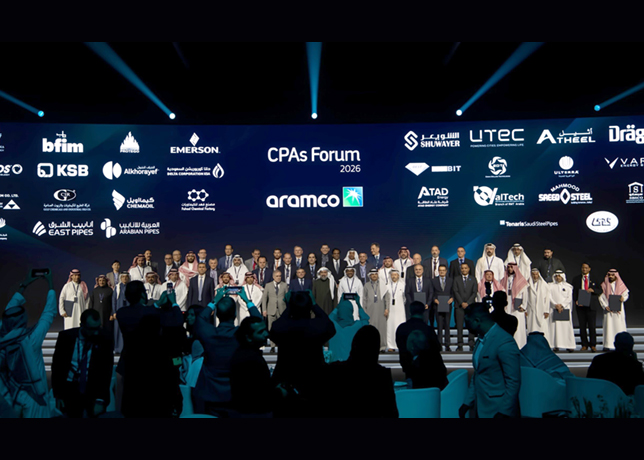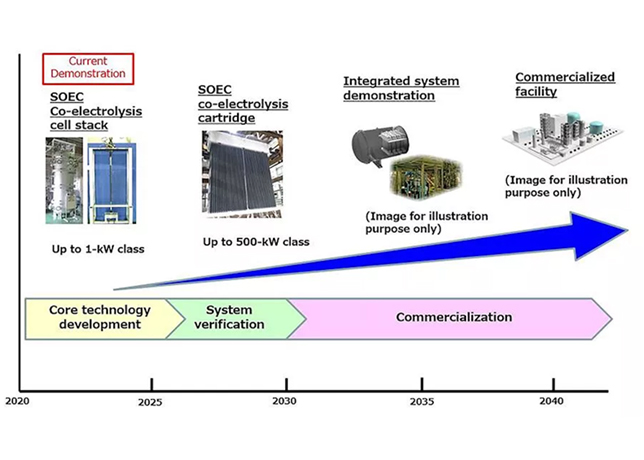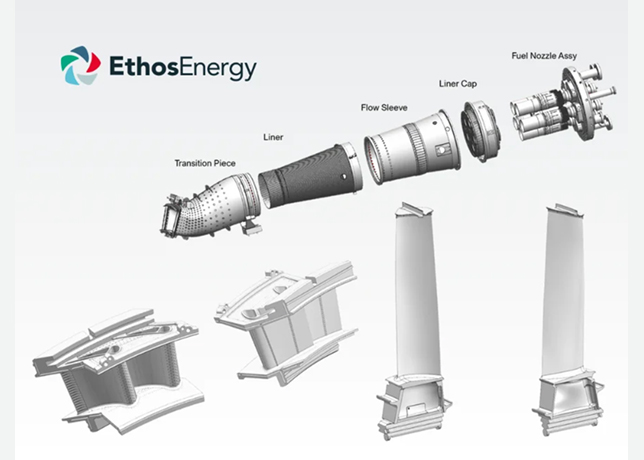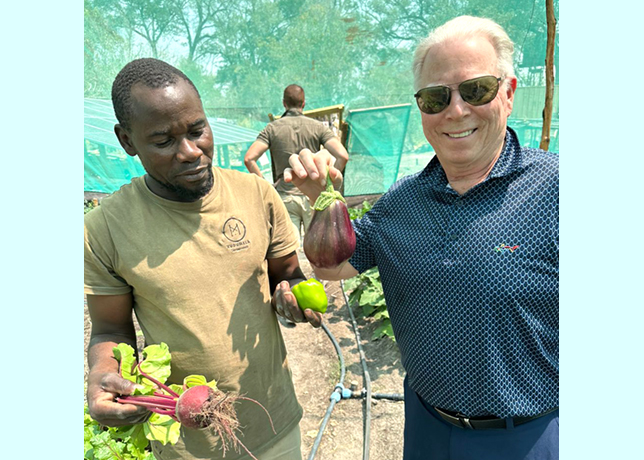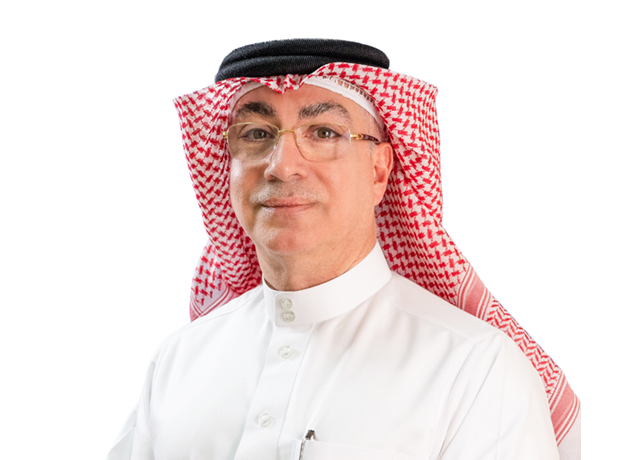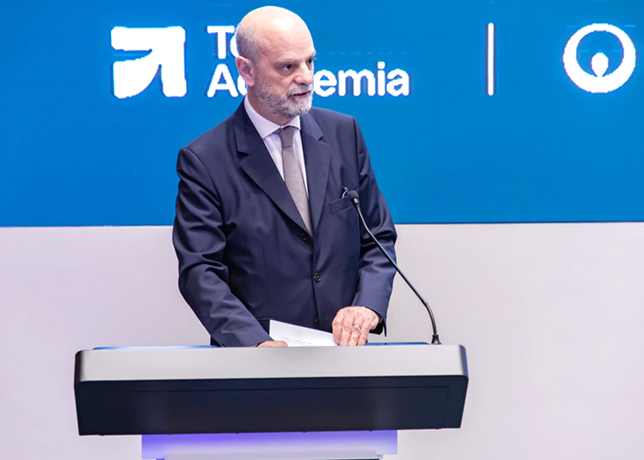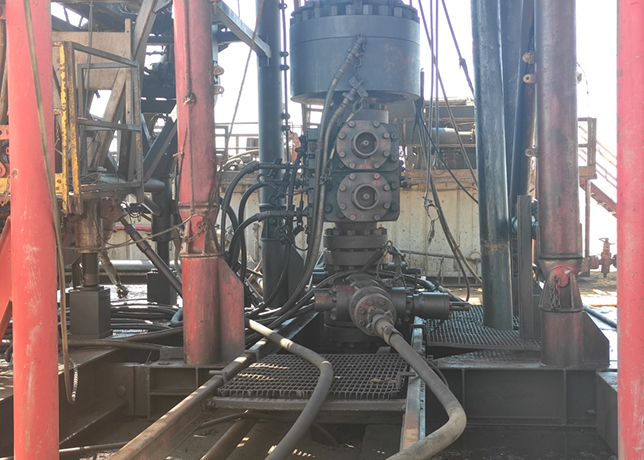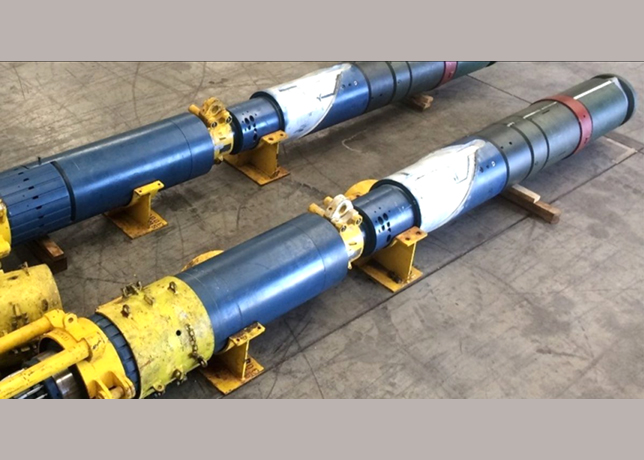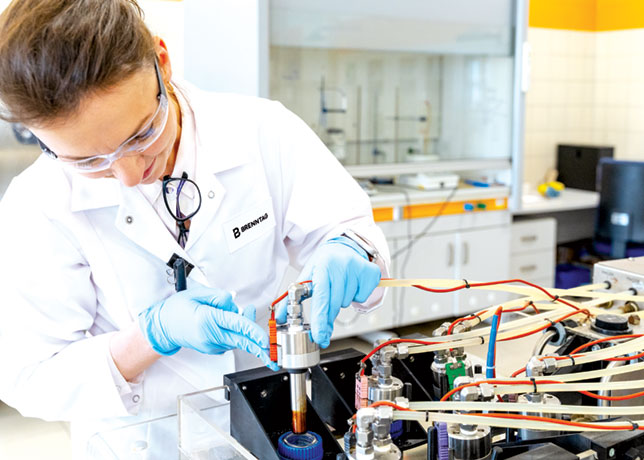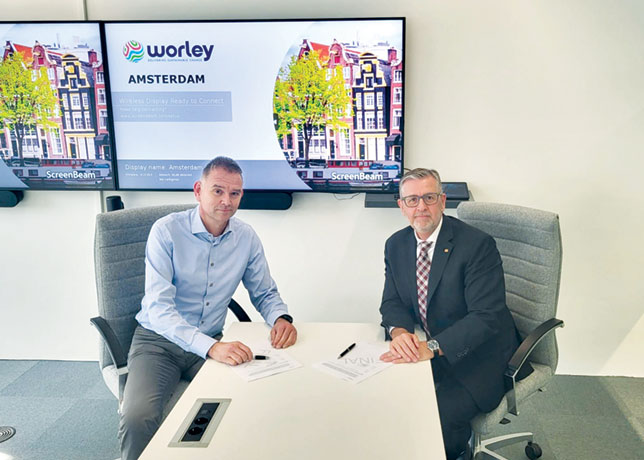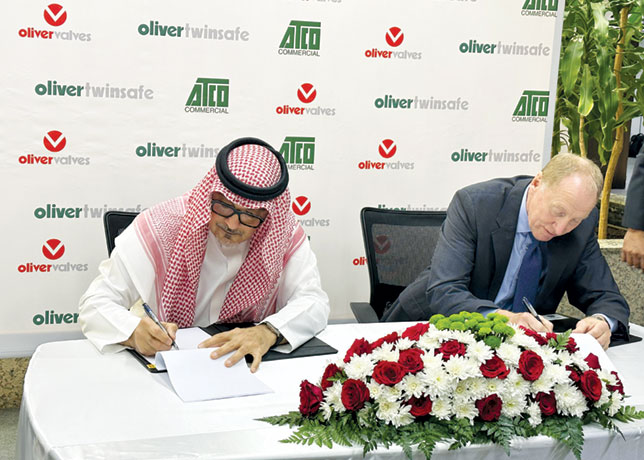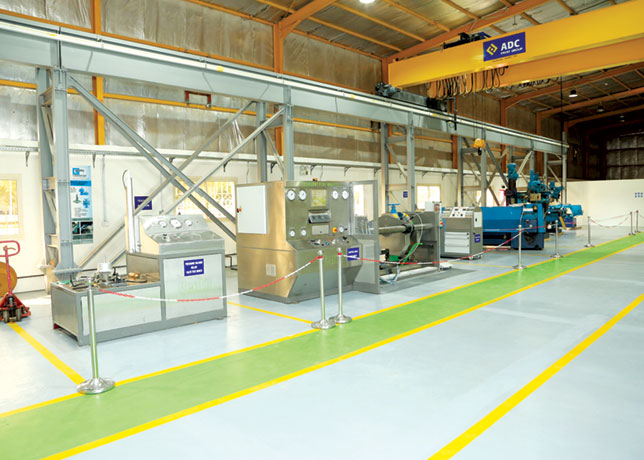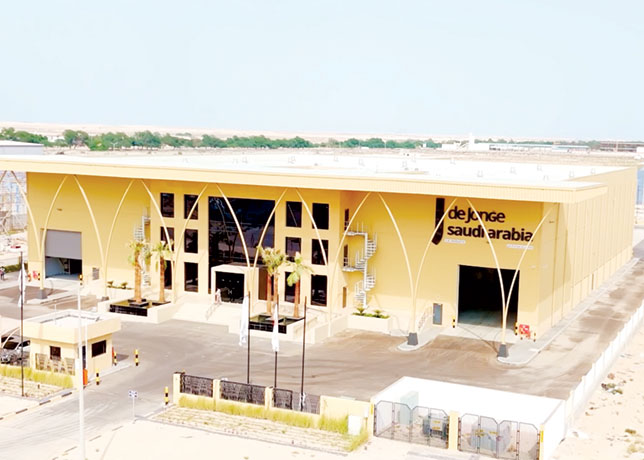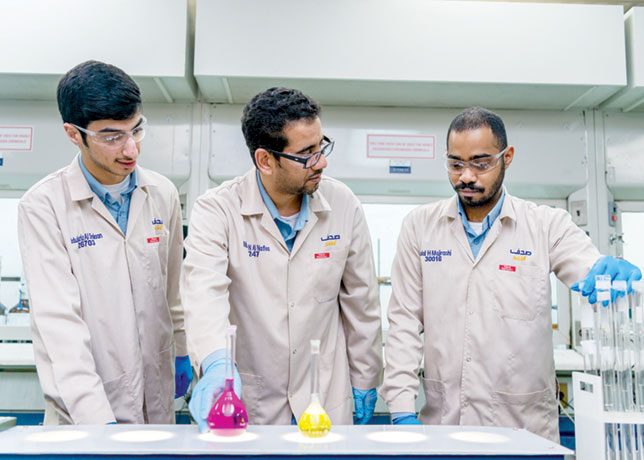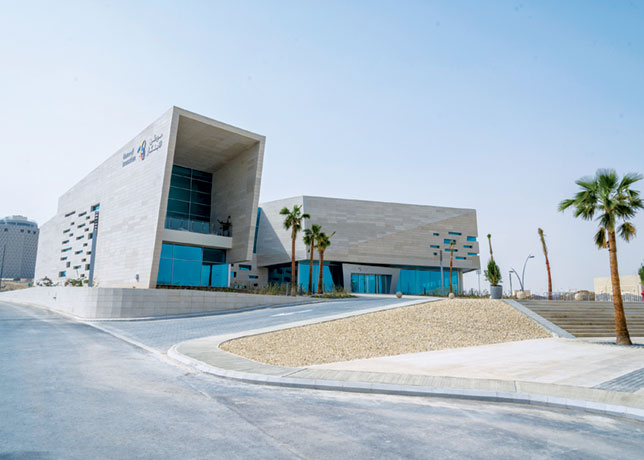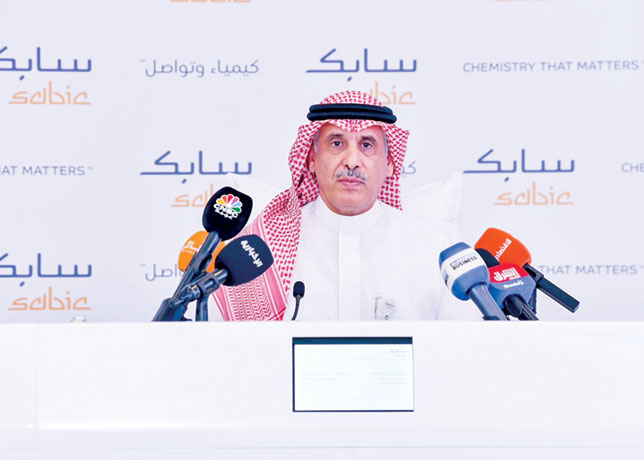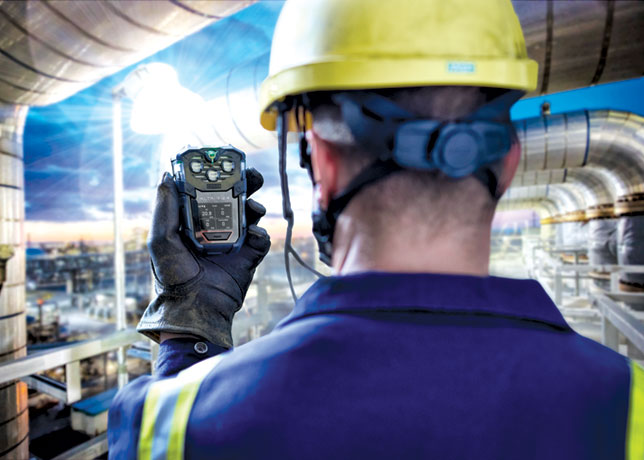
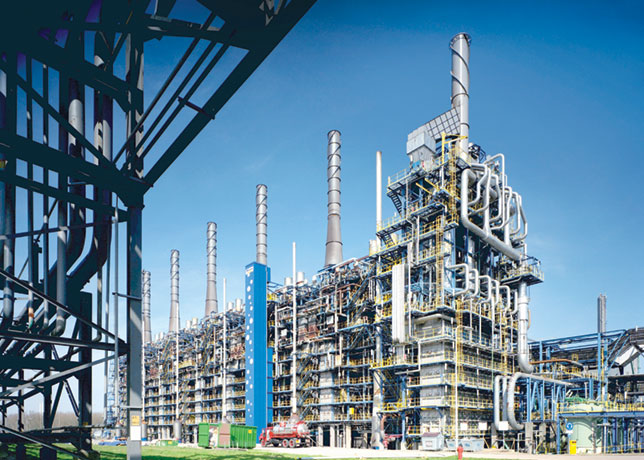 SABIC's manufacturing site in Geleen, the Netherlands
SABIC's manufacturing site in Geleen, the Netherlands
SABIC spearheads the circular economy by revolutionising plastic recycling and pioneering advanced solutions to close the loop on valuable resources
The transition from a linear "take-make-dispose" model to a circular economy is a defining challenge of our era, particularly within the plastics industry.
As a global leader in diversified chemicals, SABIC is at the forefront of this transformation, demonstrating a strong commitment to circularity through its innovative TRUCIRCLE™ portfolio and groundbreaking advanced recycling initiatives.
Recognising the urgency of resource optimisation and waste reduction, SABIC's approach goes beyond mere compliance, embedding circular principles into its core business strategy.
This commitment is not only about meeting environmental targets but also about creating new value streams, fostering sustainable consumption, and ensuring that vital resources remain within the economy for as long as possible.
Through strategic partnerships, technological advancements, and a forward-thinking product offering, SABIC is actively reshaping the future of plastics, proving that industrial growth and environmental stewardship can, and must, go hand in hand.
INNOVATING WASTE-TO-VALUE STREAMS
A cornerstone of SABIC's circular economy strategy lies in its pioneering efforts in advanced recycling, particularly chemical recycling.
This technology offers a crucial solution for plastics that are difficult to recycle mechanically, transforming mixed plastic waste into pyrolysis oil, a feedstock for new virgin-quality polymers.
A significant milestone in this endeavour is the successful start-up of the demonstration hydrotreater unit at its Geleen site in the Netherlands, a facility capable of upgrading pyrolysis oil to enable its direct use in SABIC's crackers for the production of circular polymers.
This breakthrough signifies a crucial step in scaling up chemical recycling, enabling the creation of certified circular polymers with identical performance to virgin materials, thus facilitating their integration into high-performance applications like food packaging.
The TRUCIRCLE™ portfolio encompasses these certified circular products, along with certified renewable polymers from bio-based feedstock, and solutions designed for recyclability, including lightweight materials and mono-material structures.
These offerings provide brand owners and manufacturers with tangible ways to reduce their environmental footprint and meet their sustainability targets.
SABIC's commitment to closing the loop extends to collaborative projects that demonstrate the practical application of its circular solutions.
A notable example is the pilot project with Jessa Hospital in Belgium, which utilises SABIC's certified circular polymers for the production of reusable medical packaging.
This initiative showcases how advanced recycling can deliver high-quality, safe, and sustainable solutions even for demanding applications within the healthcare sector, reducing waste and promoting resource efficiency in critical environments.
Furthermore, SABIC's collaborations with various value chain partners, from waste management companies to brand owners, are crucial in establishing a robust circular ecosystem.
These partnerships are essential for securing feedstock, developing new applications for circular polymers, and educating consumers about the importance of plastic recycling.
By fostering such collaborations and continuously investing in research and development, SABIC is not only advancing its own circular goals but also contributing significantly to the broader industry's transition towards a more sustainable and resource-efficient future.



